⭠ back to where we work
Kenya

BACKGROUND
Kenya has several vibrant industries including telecommunications, tourism, and financial services, yet millions of children and adults in Kenya are struggling to survive. They lack two of life's essentials: water and food.
Once known as British East Africa, Kenya was invaded and colonized by the Portuguese in the 1500s, by the Germans in the 1800s, and by the British in the 1900s before finally gaining independence in 1963. Since then, Kenya has experienced several prolonged periods of prosperity.
But in recent years, climate change has dramatically increased the frequency of droughts in some areas. Whereas droughts would traditionally occur about every 10 years, they have begun occurring annually. Four-fifths of Kenya is now categorized as arid or semi-arid. With little or no water to irrigate their crops, families are going hungry. And with no safe water to drink, children and adults are forced to depend on contaminated sources from streams, rivers, and even stagnant ponds.
Rural areas are suffering the most. But that, in turn, has resulted in many desperate Kenyans fleeing to the cities where they're trying to survive in slums that have little or no better access to safe water or proper sanitation than where they lived before.
Lifewater drilled its first wells in Kenya in 2005. Since then, it has established valuable partnerships with three organizations:
The Lifewater Kenya (TLK)
This is our original team in Kenya, centrally located in the Nakuru area. Its founder, David Maina, is gradually transitioning his leadership responsibilities to other senior members of the team. They are passing along their valuable knowledge to the newer teams in Kenya. For example, they helped the Lifewater Community Kenya team assemble their new Lifewater-supplied drilling rig, and they trained the Stada team to repair broken hand pumps.
We are very thankful for our long relationship with David and his team, and for their efforts to ensure all three teams in Kenya succeed. "This is not Lifewater Nakuru," David says. "This is Lifewater Kenya. I will do whatever I can to see water flow everywhere in my country."
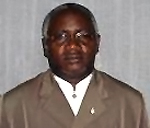
Pastor David W. Maina,
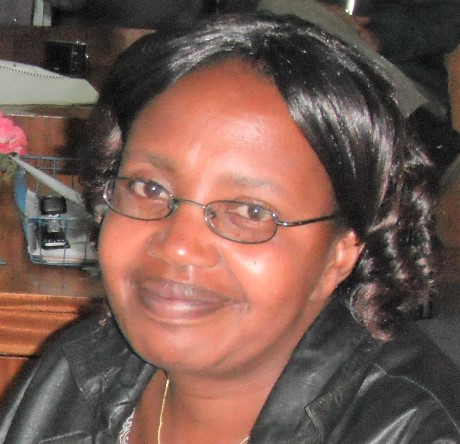
Charity Mahugu, Administrative Assistant
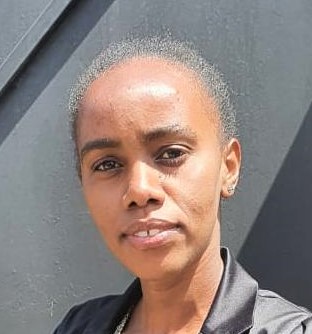
Dorcas Wainaina, Program Officer
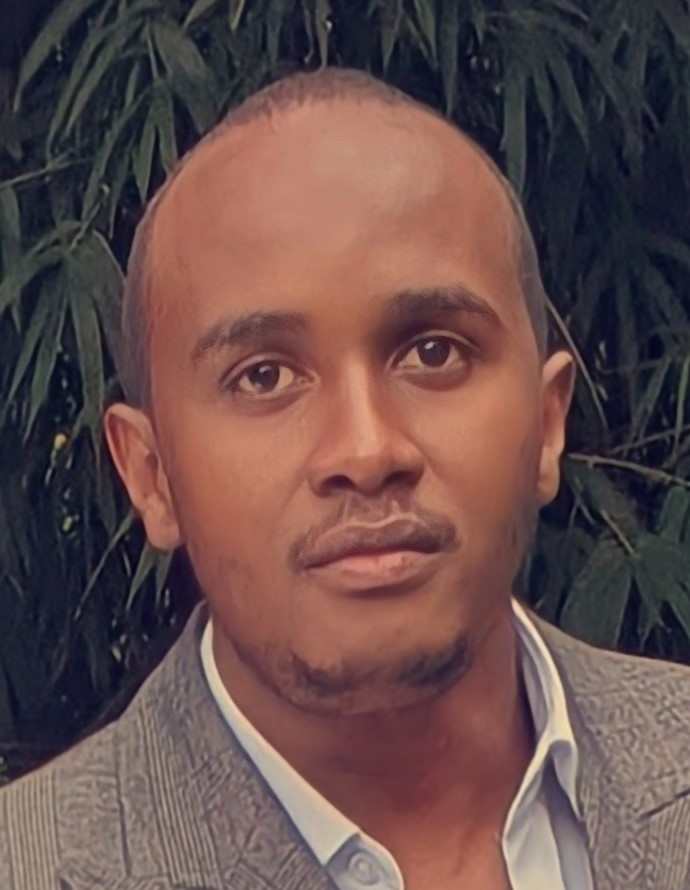
Sammy Wainaina, Liaison Officer
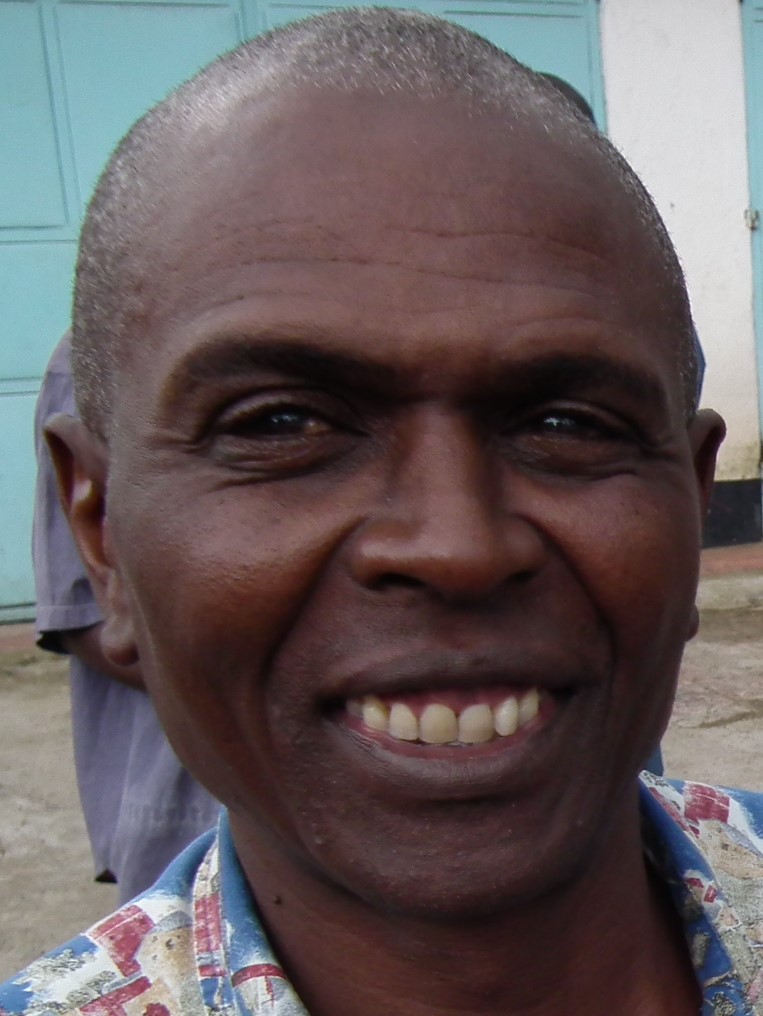
Antony Makau, Driller
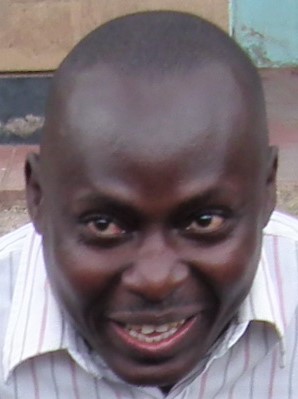
Patrick Onyango, Driller and Welder
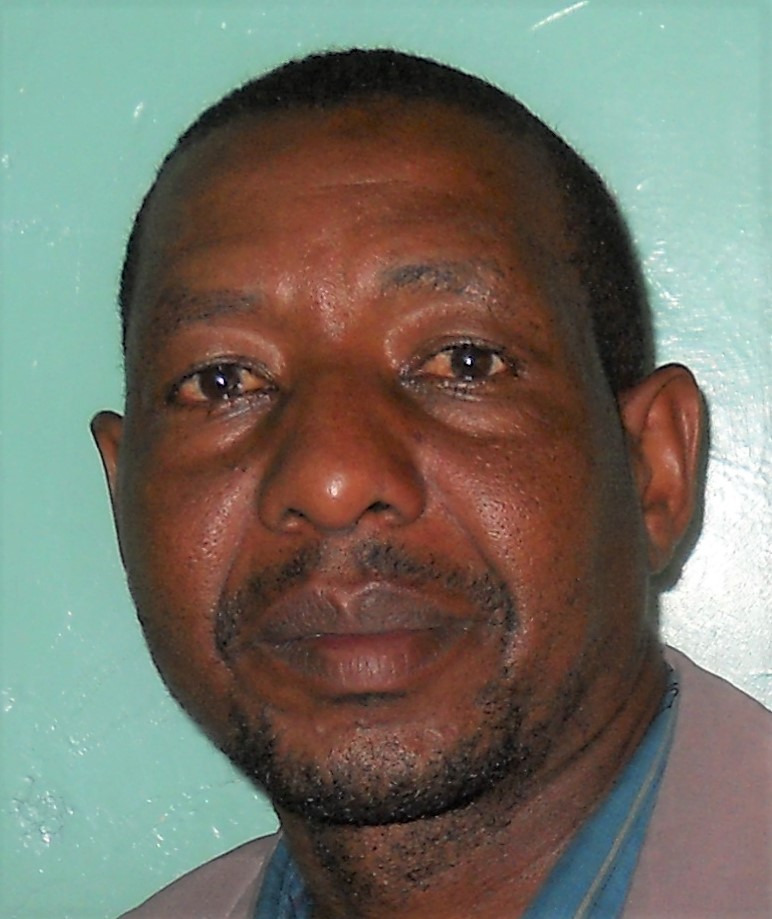
James Mbugua, Mason
Lifewater Rescue Kenya (LRK)

Lifewater Rescue Kenya (LRK) team photo
This team focuses on drilling wells in remote areas, including at many schools. With a new, agile truck-mounted drilling rig, team members are able to provide safe water in areas of Kitui County where no other rig has been able to access.
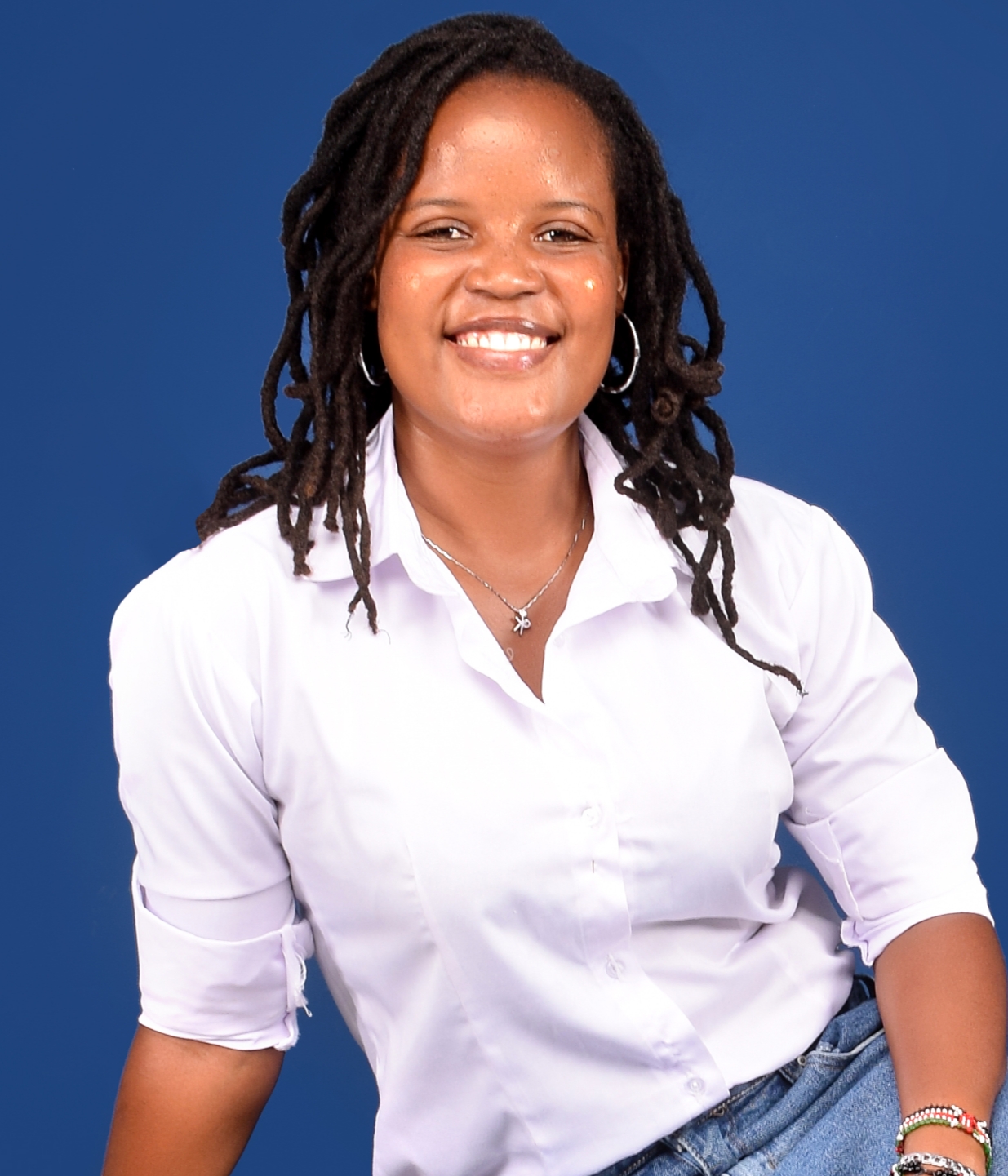
Catherine Achieng, Project Coordinator
Catherine provides overall leadership and support for the team, documenting each project after it is completed. "I do what I do with Lifewater because I believe our people deserve better," she explains. "It is our hope that we can work with communities to improve their lives with access to safe water. We love what we do, we love how we do it, and we are grateful for all the support we get."
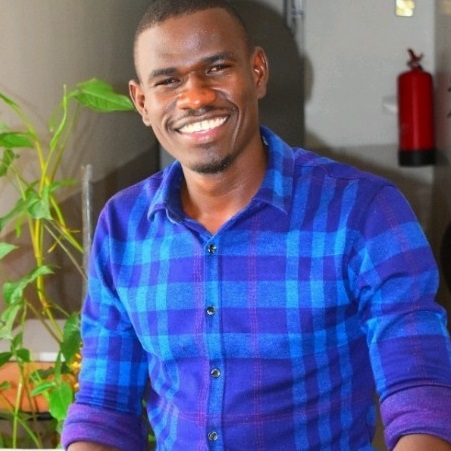
Larry Oyuga,
Driller
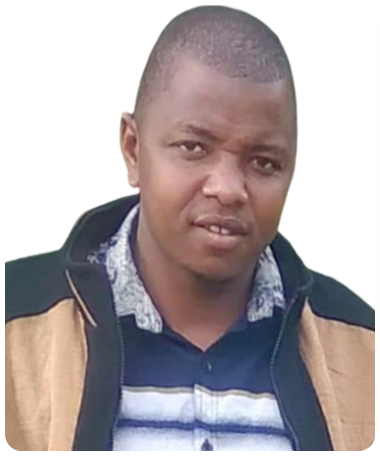
Eric Kalonzo Ngina,
Driller and Driver
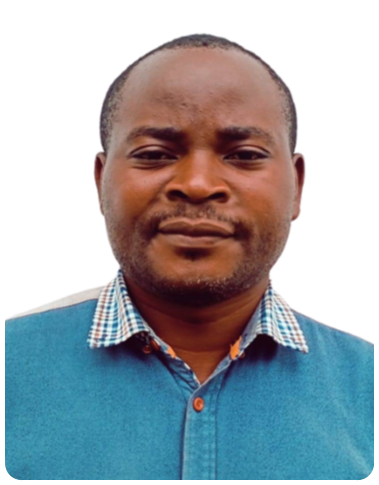
Elijah Wigoro,
Driller and Driver
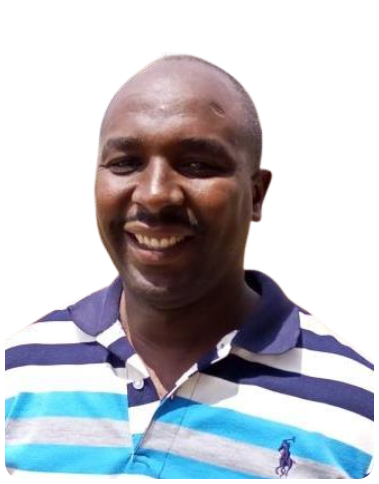
Julias Kyendi,
Driller and Driver
STADA

STADA team photo
STADA is an abbreviation for "Stawisha Dada" which in Swahili means "thrive sister." The organization was formed to address the inequalities that Kenyan women and girls face in health care and education. The youthful STADA team began partnering with Lifewater Canada to provide health and hygiene training at all the schools where the Lifewater Rescue Kenya team installed rainwater harvesting and storage systems.
Since then, thanks to the training and equipment provided through Lifewater, the STADA team has begun drilling new water wells and repairing broken hand pumps on older wells. They have also started a sewing industry for teen mothers who produce reusable sanitary pads that are distributed at their health and hygiene workshops, ensuring that menstrual periods do not stop girls from attending school and continuing their education.
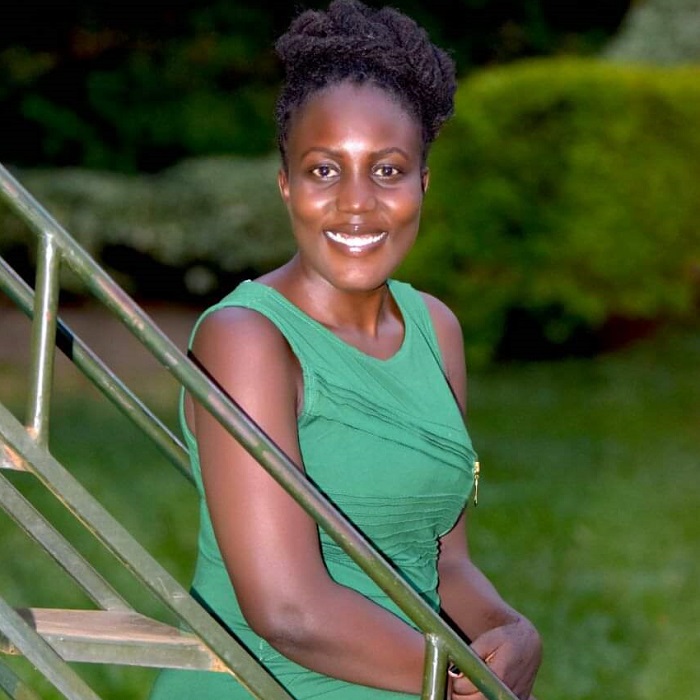
Patricia Nudi, Founder and Executive Director
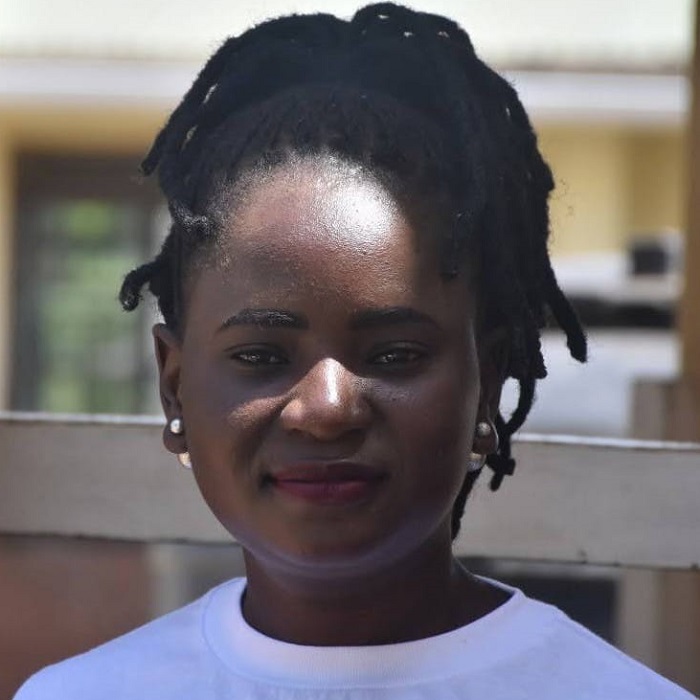
Maureen Achieng, Resource Manager
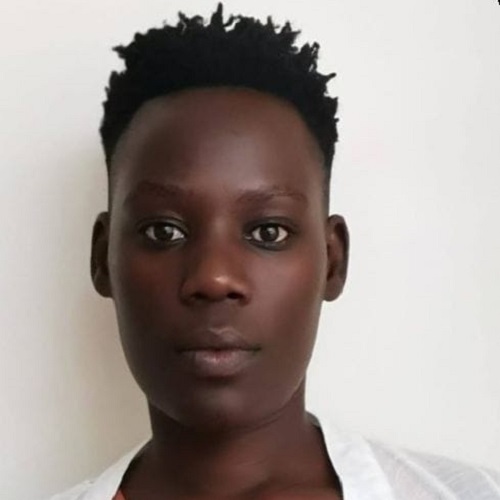
Terry Abura,
Water, Sanitation and Hygiene Project Officer
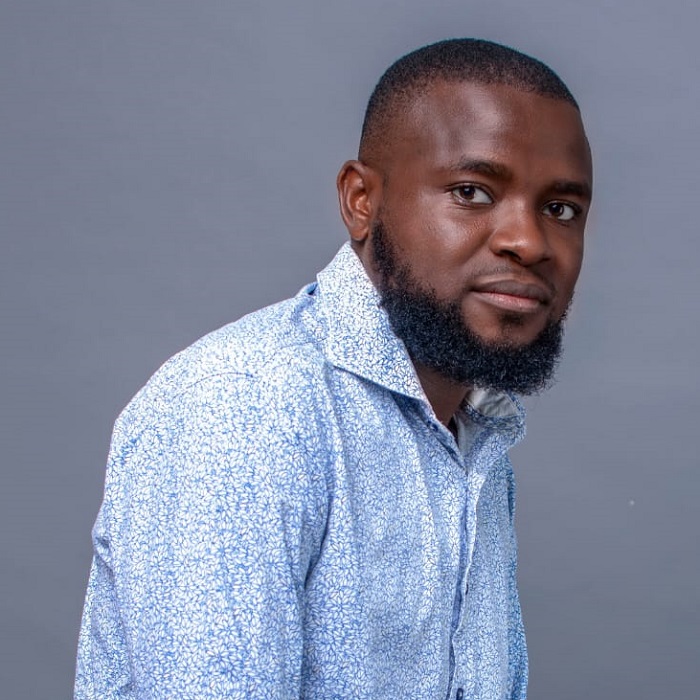
Willberforce Mandela,
Technical Lead
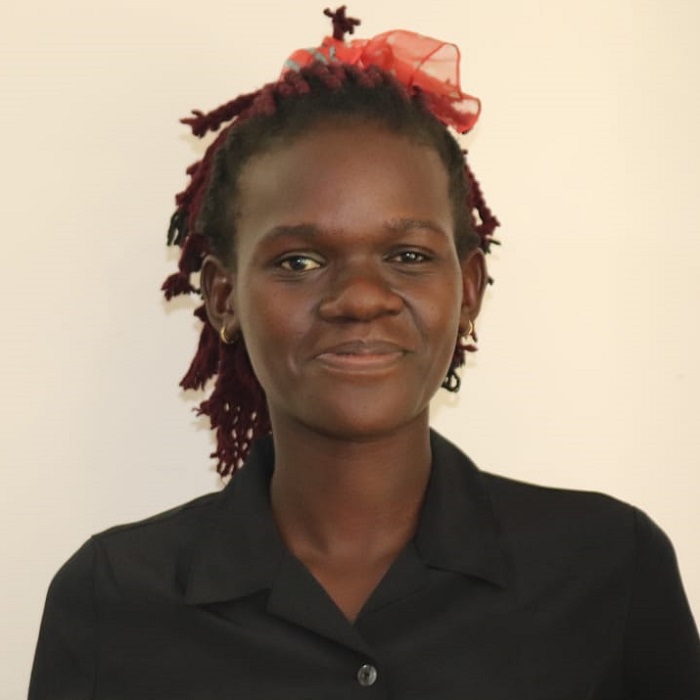
Christine Akello, Office
Administrator

